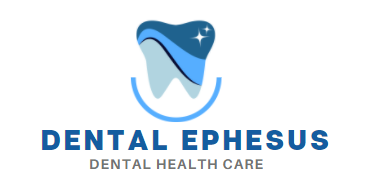The ultimate goal of drug rehab is to help people stop using drugs and give them the tools they need to lead a productive lifestyle. It may sound simple enough, but it is often very difficult. Acknowledging a need for treatment is often the most difficult. You can consult essencehc.com, for more details.
Complete – And Enter – A Treatment Programme
It is difficult to stay in treatment after you have been admitted. This will allow you to not only stop using drugs but also help you get your life back in order. Let’s now look at five key benefits of a drug rehabilitation program for you, or someone you love.
Rehab Can Help You:
Stop The Addictive Cycle
People addicted to drugs must be in a drug-free environment and with people who will hold them accountable for their goal to get off drugs. The first step in drug rehab is detoxification. This helps to get rid of any drugs from the body and relieve withdrawal symptoms. While detoxification is not necessary for all people, it is sufficient to end the addictive cycle. Once detox is over, the real work starts for addiction treatment.
Learn More About Addiction
When you’re free of drugs, you can think clearer and learn more about your addiction. Knowing your addiction will help you understand what triggers your desire to use drugs. These triggers can be explored by most drug rehab centers so you can make an effort to avoid them or manage them in your everyday life.
Get To The Root Of The Problem
There are many reasons that people become addicted to drugs. But it is crucial to discover what drives you to your drug of choice. Does it help you cope with stress? Can drugs be used to help you feel less emotional and physical pain so you can’t feel it? Is it a way to avoid responsibility or gain approval? You need to look at the layers behind your drug behavior to uncover the truth.
Rehab facilities have counselors who can help you explore these underlying issues, help you make sense of them, and teach you knew coping strategies that aren’t dependent on substances.
Develop New Habits & Practices
Many people who have a history of drug addiction are not disciplined and lack self-care. The key to self-care in recovery is the ability to set and achieve goals. Most people who are in recovery do not know how to set realistic goals. Although they have sincere intentions, many people fail to realize that goal setting is a skill that can be learned. A repetitive cycle of trying to change bad habits and failing to succeed gradually weakens one’s resolve until many give up.
These are the majority of addicts. While they may think that changing their schedule will make it more difficult to quit using substances, they don’t realize the impact addictions have on their lives. Rehab can help you establish short-term and long-term goals for the most critical areas of your recovery. These goals include goals for your emotional and physical health, relationships, career, and spiritual aspirations.
Establish Healthy Boundaries
Substance abusers are often too responsible for their lives and behaviors, while family members and friends tend to take too much. When there is an addictive pattern in a family, the relationship boundary that helps people navigate healthy relationships is often confused or blurred.
Relationships with unclear boundaries can lead to a survival mentality in which family members play roles to help with stress. Although these roles temporarily decrease stress, they can cause anxiety and confusion as the substance abuse issue is not addressed. Rehab can help to identify where these boundaries are entangled and how to keep them healthy.
























